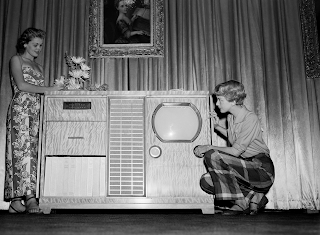Patriots Expose Another Conservative Lie, Low Wage Jobs Do Not Lead To Management Positions
Entry-level jobs in the fast food business are far more likely to be dead ends than stepping stones to higher-level work, according to new data from the National Employment Law Project. Less than 9 percent of fast food employees are supervisors, and just 2.2 percent hold managerial, professional, or technical jobs.These large coporations do not pay their employees a fair share of the revenue generated by those employees because they pay the excetives huge salaries and pay share holders - which are predominantly also wealthy- large proceeds. McDonalds, Hobby Lobby and Walmart are stealing from employees to make themselves filthy rich.
The remaining 89.1 percent of fast food workers – 3.6 million Americans – earn a median pay rate of $8.94 per hour.
A 40-hour work week, every single week of the year without time off would therefore earn the median front-line fast food worker $18,595 before taxes – right on the cusp of poverty for a family of three. The think tank Demos, using a more realistic accounting of days off and family expenses, has calculated that anything under $12 per hour is insufficient to support a family. That may explain why a McDonald’s website meant to help workers budget recommends they get a second job and why fast food workers in more than half a dozen major cities are striking to demand a livable wage.
NELP notes that fast food companies defend their treatment of workers by depicting cashier and fry cook jobs as the first step on the path to economic mobility. Indeed, in looking at the overall economy it makes sense to think of entry-level jobs as dues-paying stages on the way to the front office. That’s because a third of employees in the whole economy hold managerial, technical, professional, or workplace supervisory roles. The nearly nine-to-one ratio of worker bees to higher-level employees in fast food doesn’t add up:
And it isn’t just that there are hundreds of frontline workers for every franchise owner, leaving very little room for new entrants to the top level of fast food entrepreneurship. It’s that fast food chains require their franchisees to be quite wealthy before they ever purchase a store. In order to be considered for franchise ownership at Wendy’s, applicants must show a net worth of $5 million. KFC, Taco Bell, Burger King, and Jack in the Box set their minimums at $1.5 million. At the low end, Subway requires net worth of $80,000 for franchisees. That means the hypothetical front-line fast food worker from the example above, who never takes a day off, could be eligible to apply for a Subway franchise after 20 years if she somehow saved more than 20 percent of her earnings every year.
Fast food companies aren’t alone in justifying their low wages and treatment of workers by citing opportunities for advancement that almost none of their employees will ever reach. As the Columbia Journalism Review recently noted, such claims are a key piece of Walmart’s public relations strategy.


No comments:
Post a Comment
Note: Only a member of this blog may post a comment.